Bio
Tough Love
When my grandad was twelve, he fell under a train, severing his right arm clean at the shoulder. He and his best friend, Harry Leimbeck, were paperboys for the Star Tribune, a daily newspaper in Casper, Wyoming. They quickly learned if they ditched their bikes and hitched a ride on the back of the train, they could finish their route in record speed, leaving ample time on Sunday to play football or kick-the-can or whatever twelve-year-old boys got up to back in 1936.My great-grandparents were devastated of course, but they refused to feel sorry for their only son. After the initial recovery, they told him, “You have one month to feel sorry for yourself. You have one month to cry all you want. And in that time, we’ll help you as much as possible. We’ll help you learn how to re-balance on a bike, how to swing a bat with just one arm, how to tie your shoes one-handed, but after that, whatever you have not learned with our assistance, you will have to learn on your own. And after one month, you will quit feeling sorry for yourself—there’s simply no return in that investment.”Their tough love paid off. My granddad went on to live a mostly happy and fulfilling life. I never saw him ask anyone for assistance. I never saw him wallow in self-pity. He married my grandmother when she was just 17 and had five children and 13 grandchildren. He became a CPA and opened his own accounting business and was once appointed by President Lyndon Johnson to the Small Business Administration Advisory Council.I still remember his easy smile as he told a joke he reserved for all his grandchildren. “I caught a HUGE fish,” he would exclaim. “It was this big!” The punchline was him holding out his singularhand to inadequately indicate the size of his catch.It’s hard to say how much of this train story I’m getting right. To my knowledge, no one in my family has ever written down the details of that day or its aftermath, and it’s too late to ask my grandad. He died in 2002. He lost his arm to a train, and he went on to be mostly happy. That much I know is true. But the part about his parent’s tough love forcing an independent resilience—that part I’m not sure about. It’s hard to say how much of it is fact, how much is family folklore, and how much has been patchworked together by my imagination sewn with a heavy thread of nostalgia.Even if it is partly historical fiction, that story has greatly impacted me. It’s given me a sense of pride, resilience and grit. Whenever I’ve found myself in dark times—none of them as devastating or as permanent as losing an arm—I’m inspired by my grandad, who at just 12 years old, learned that self-pity is a zero-sum investment, and the road to happiness and success is forged in self-reliance.
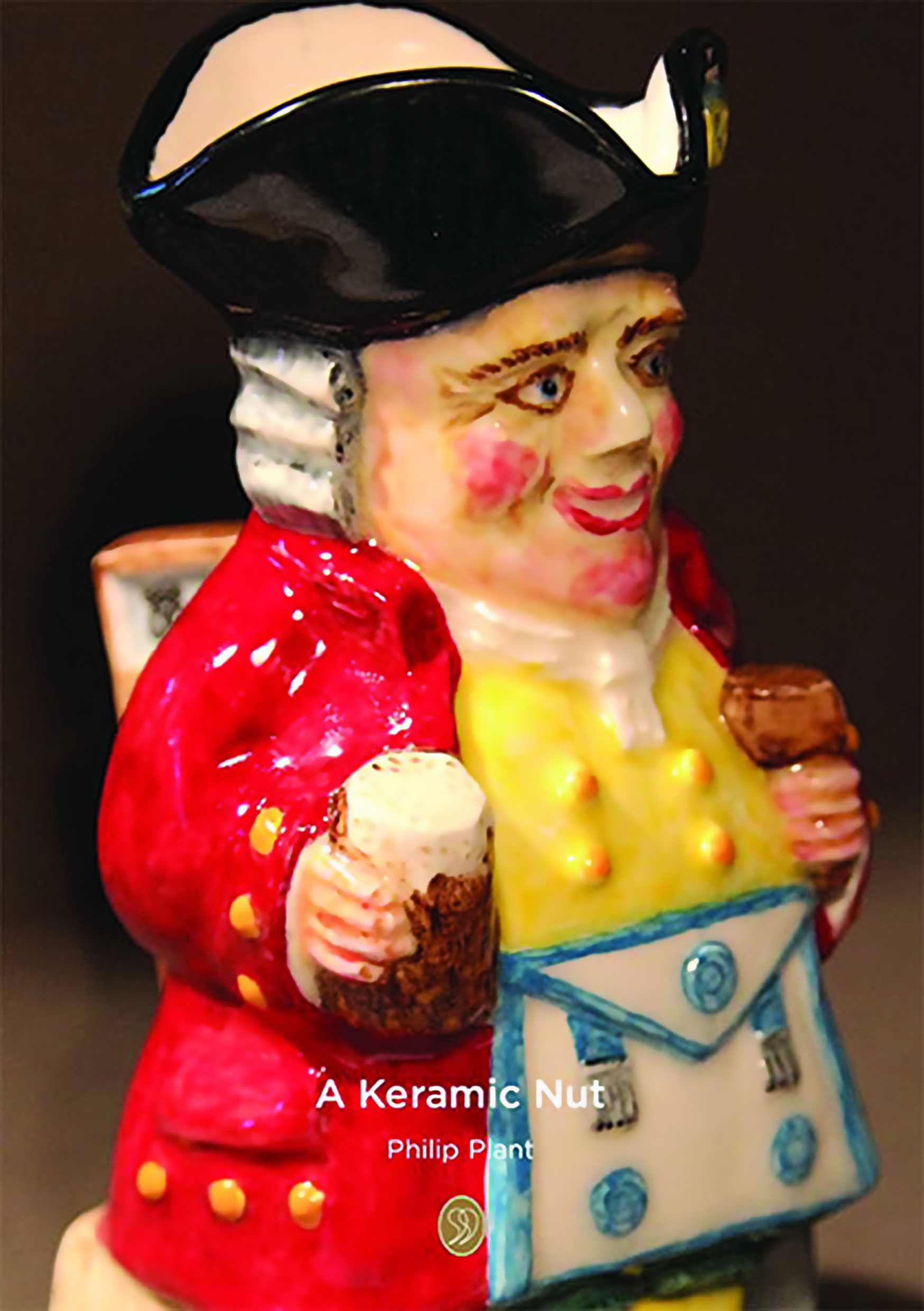

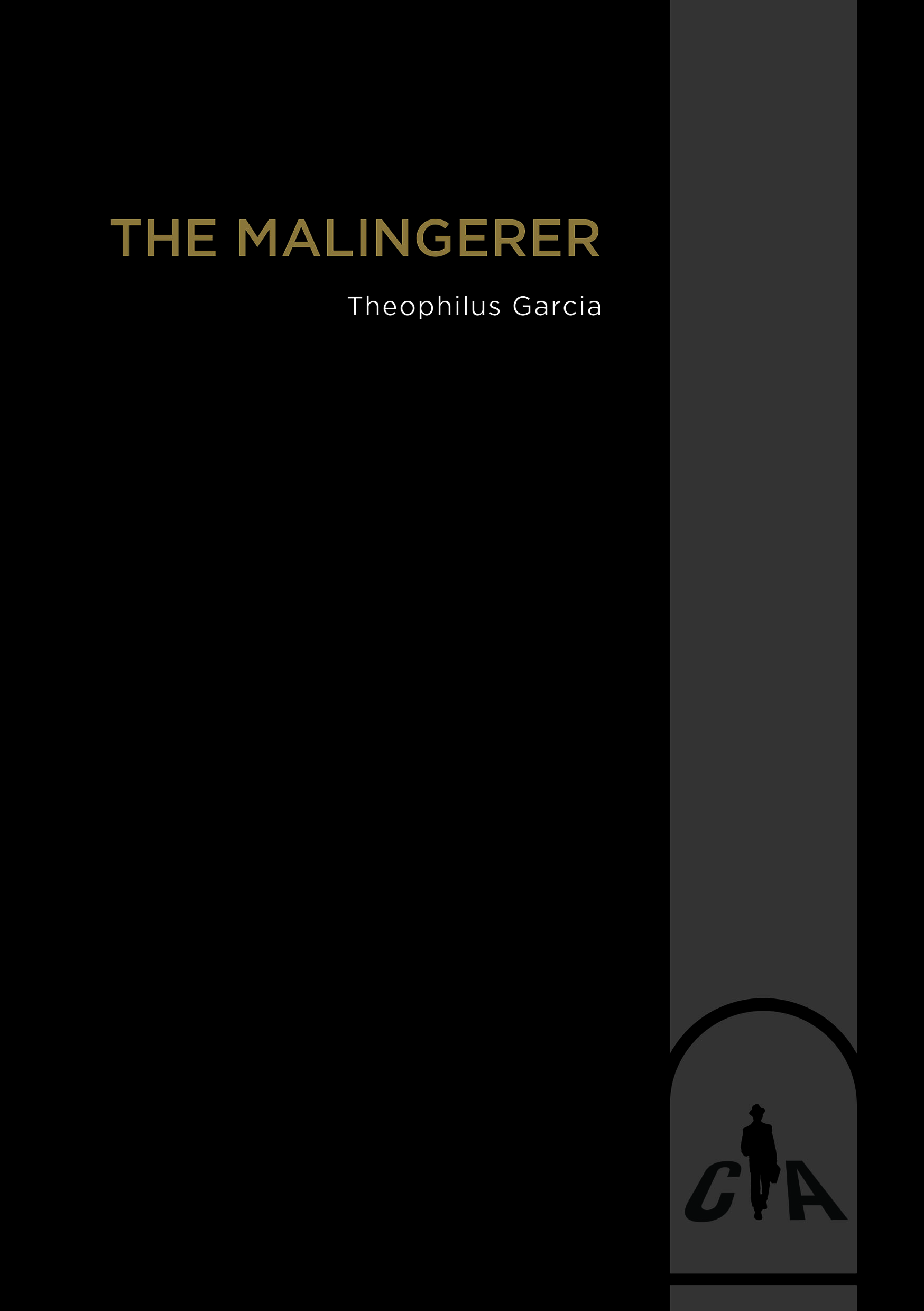

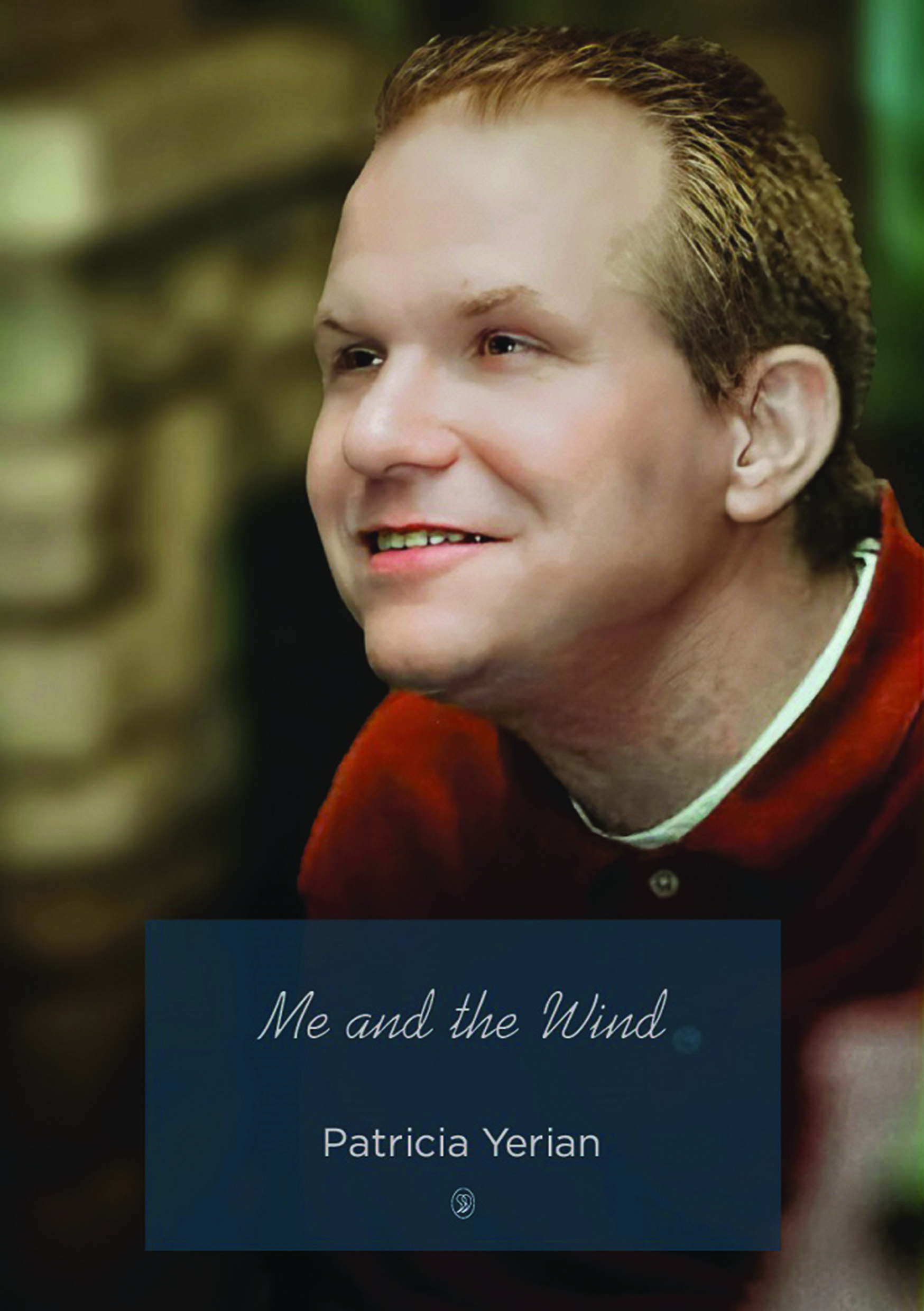

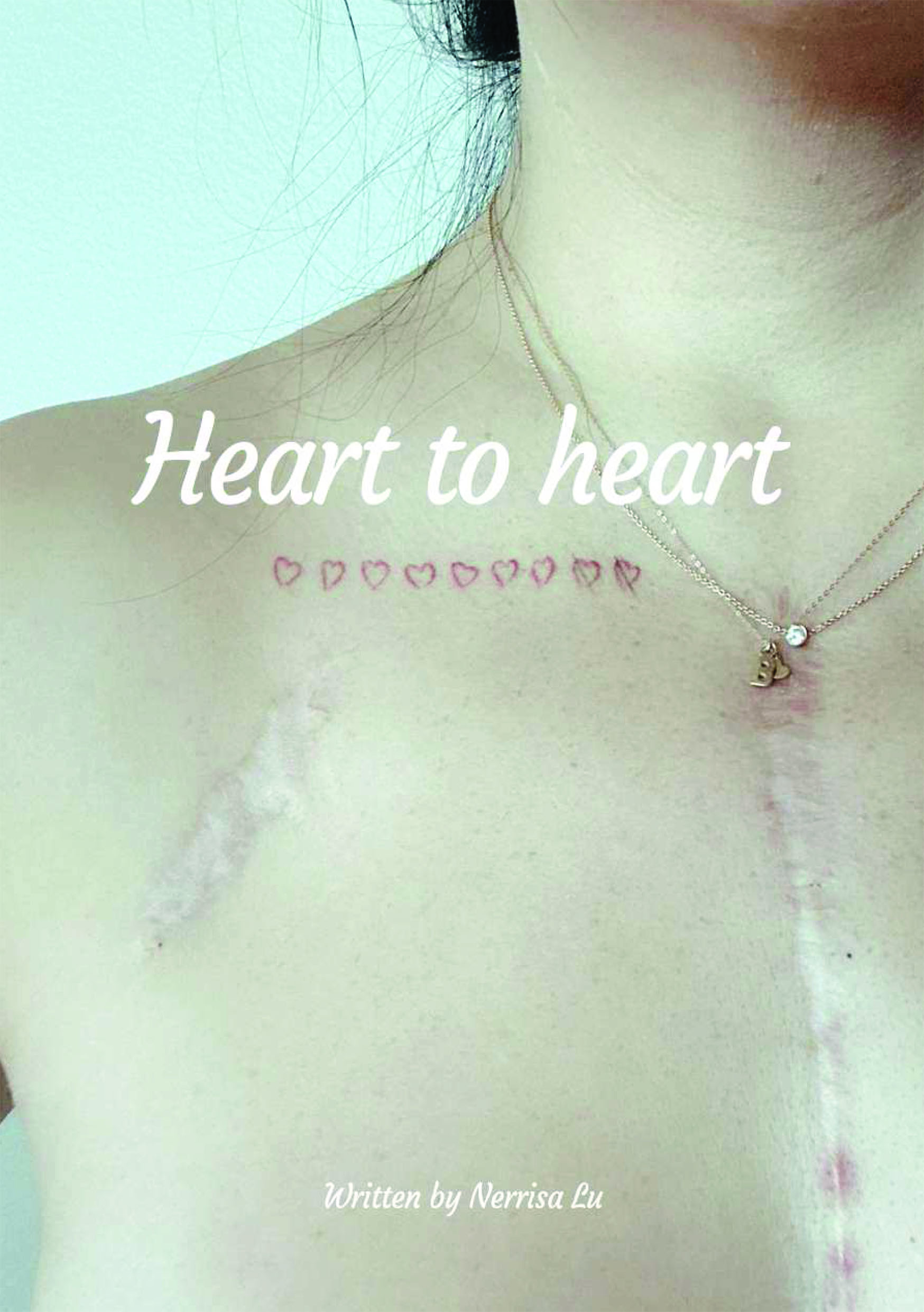

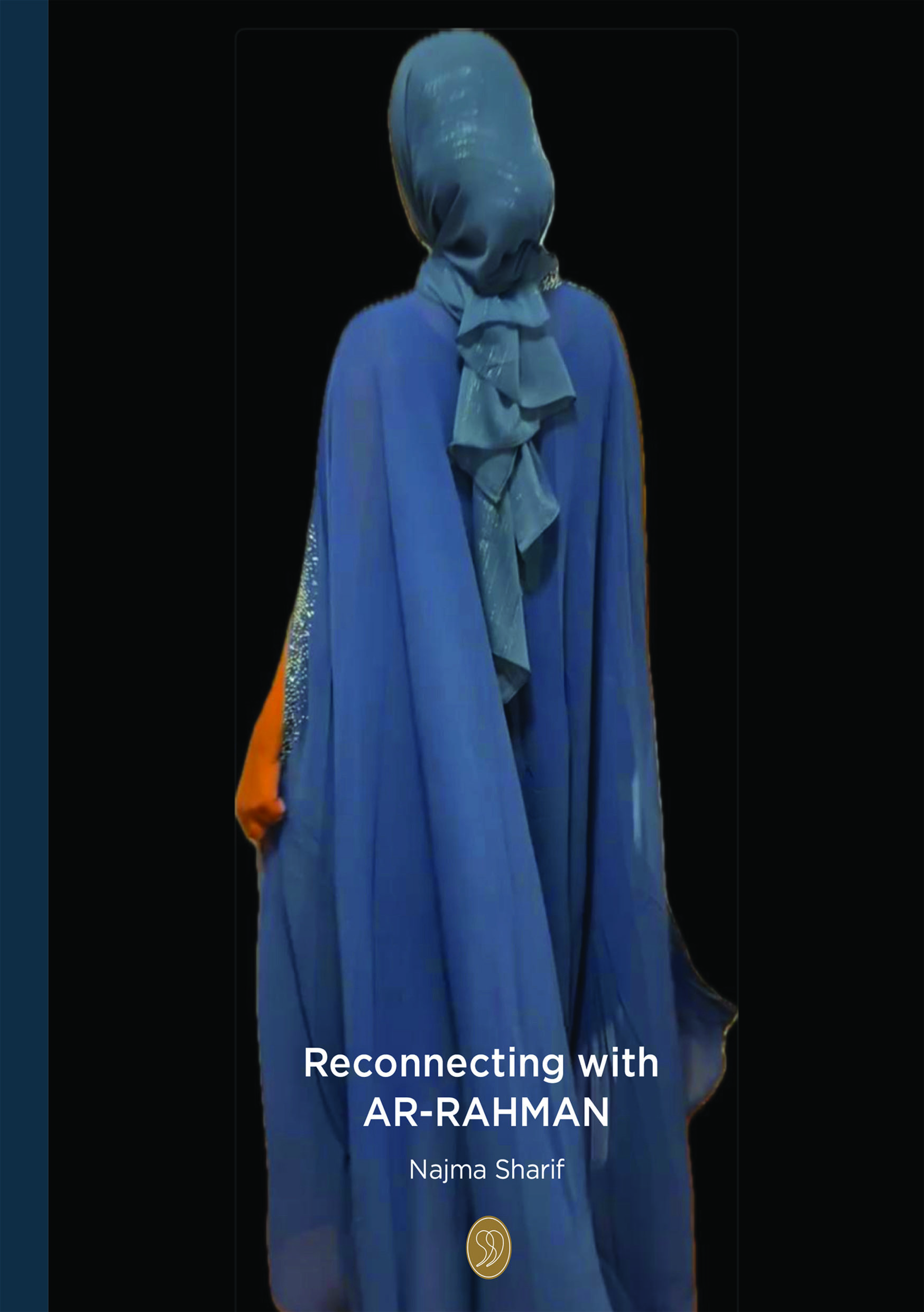

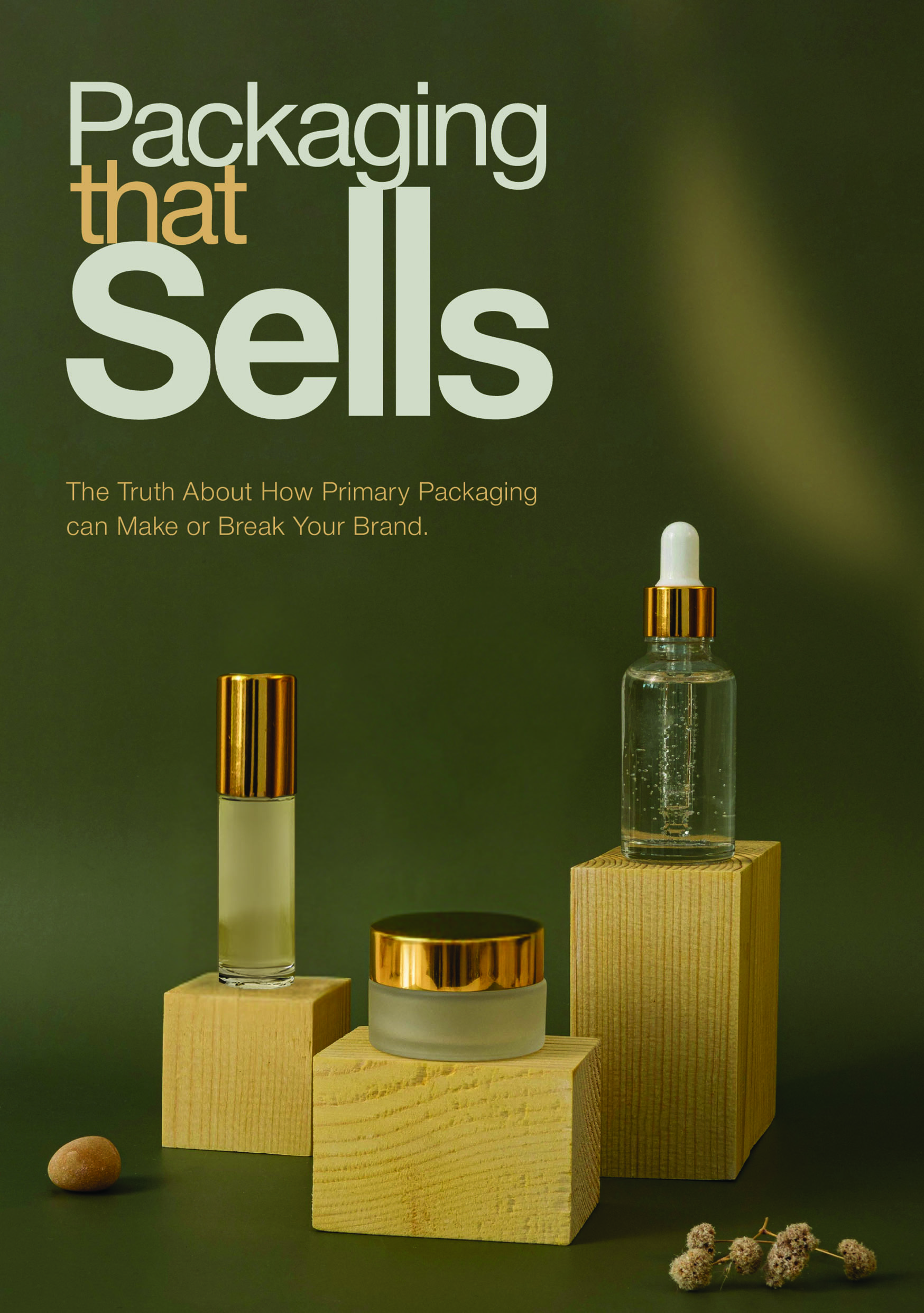

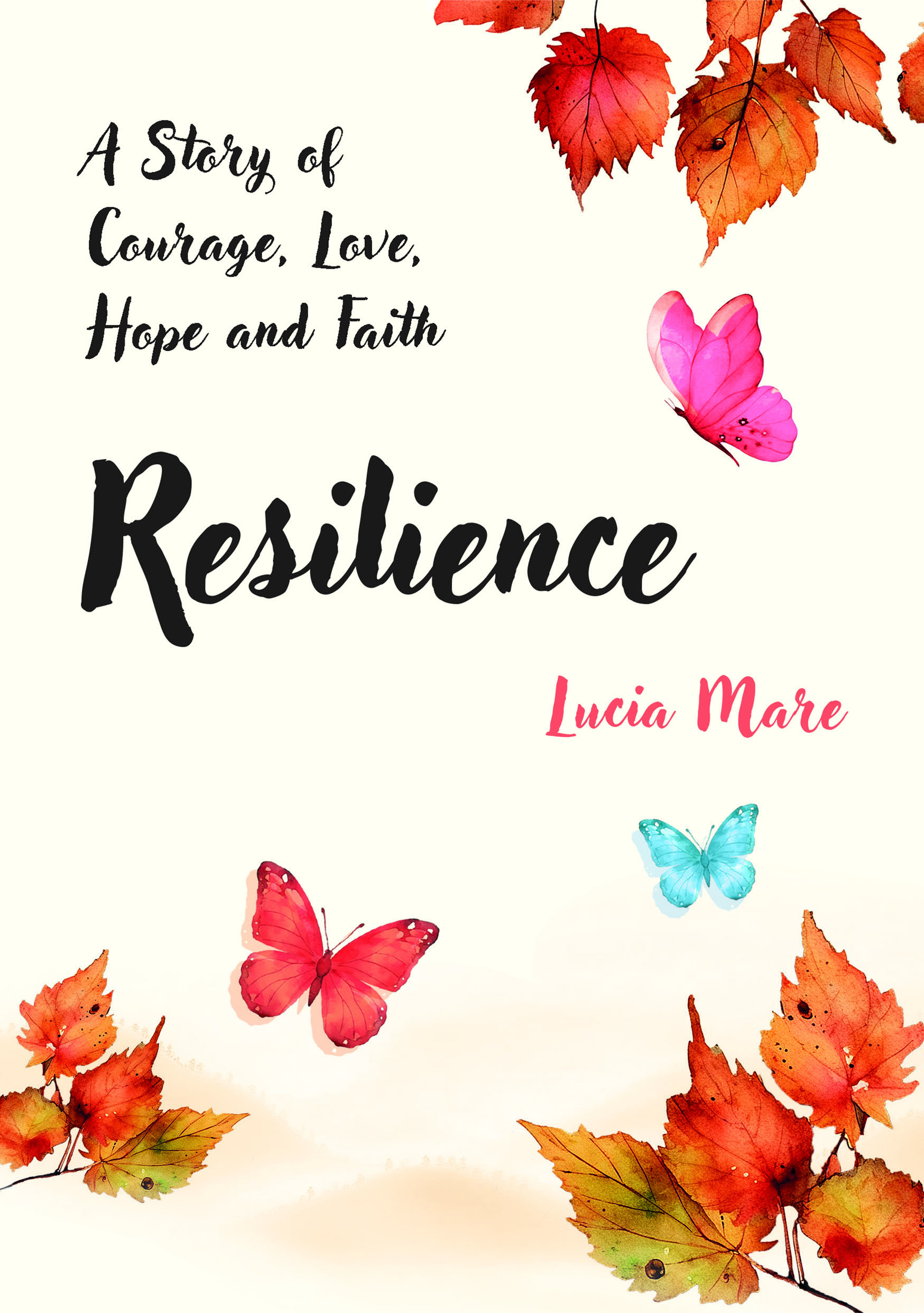

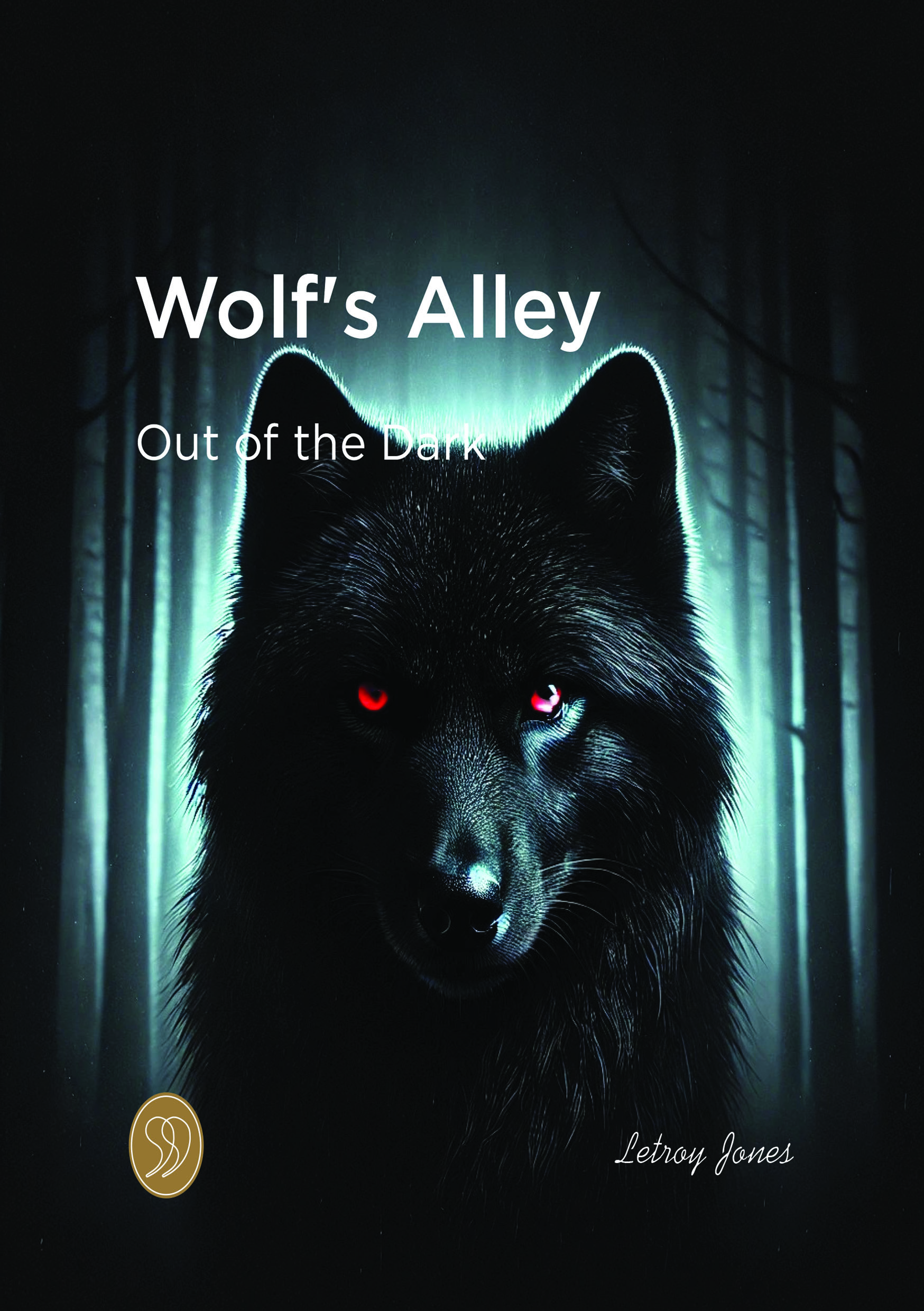

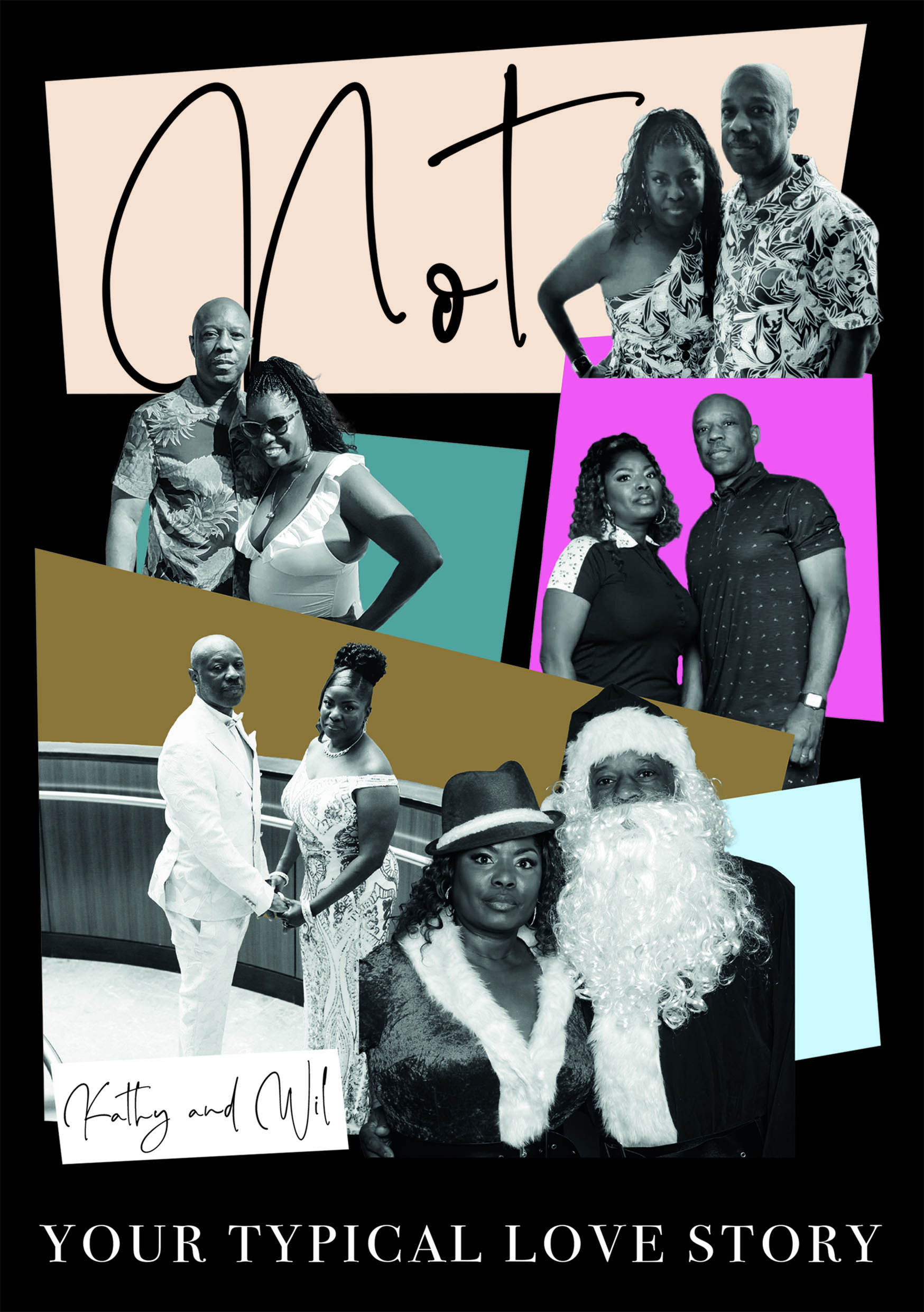

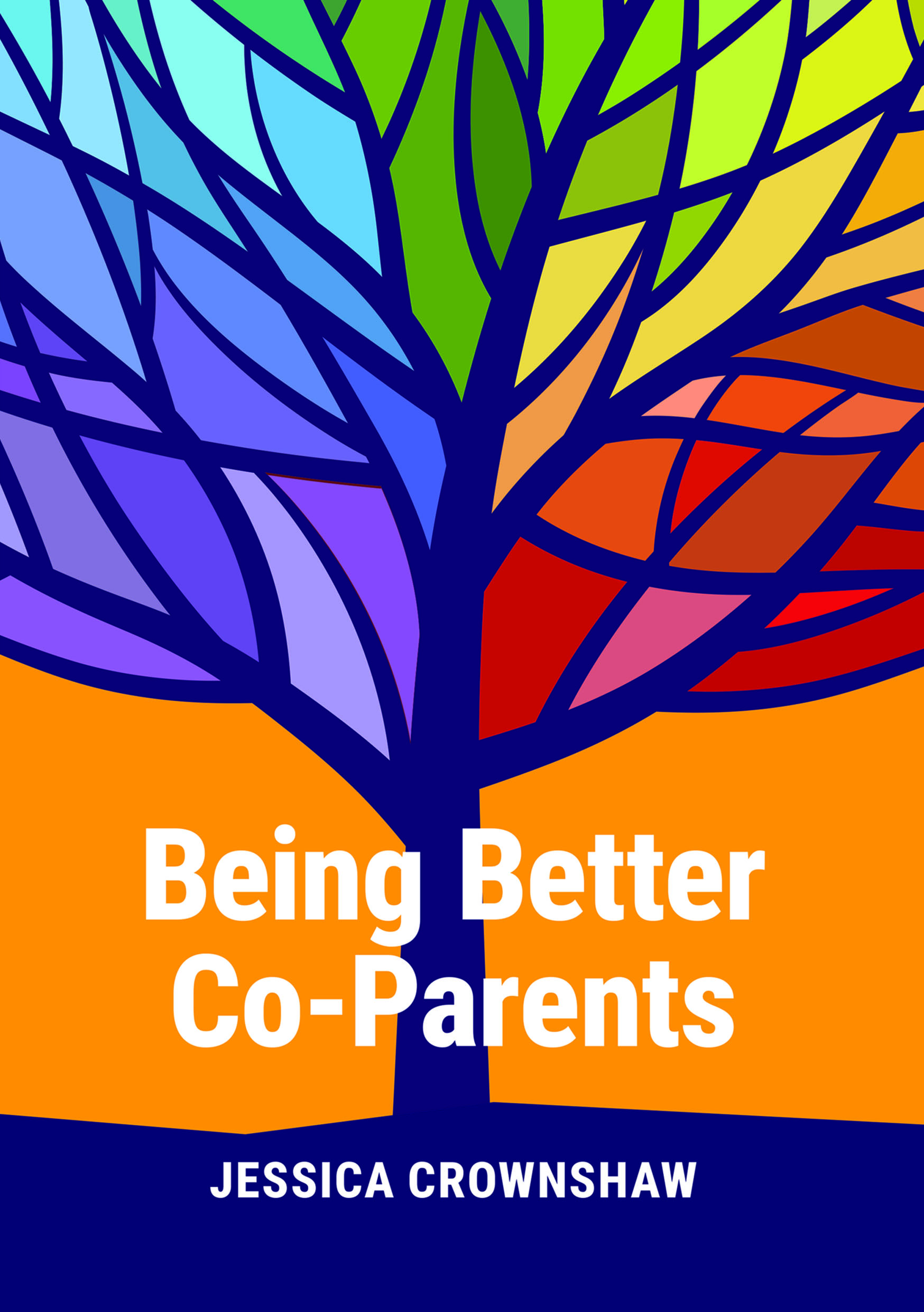

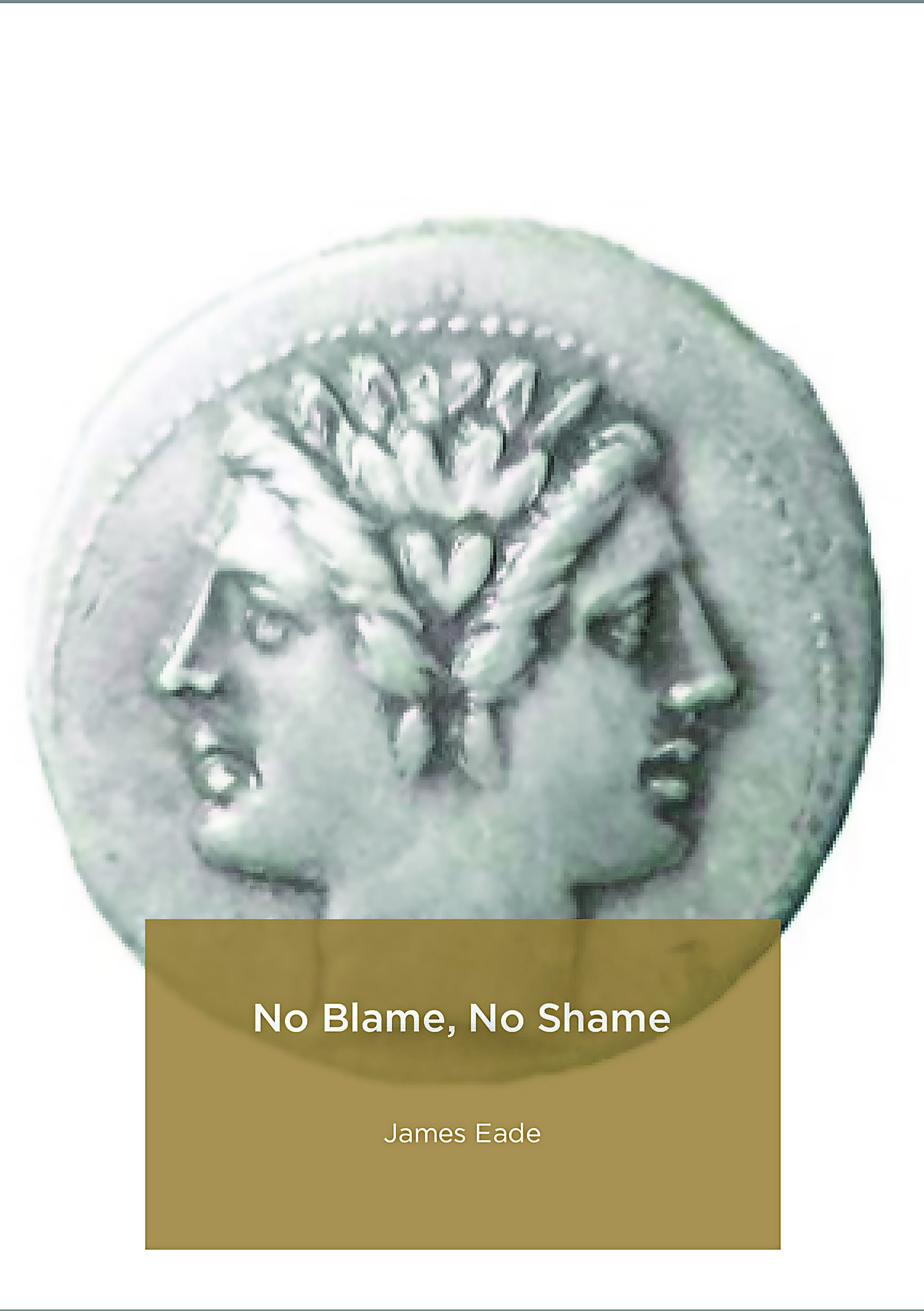

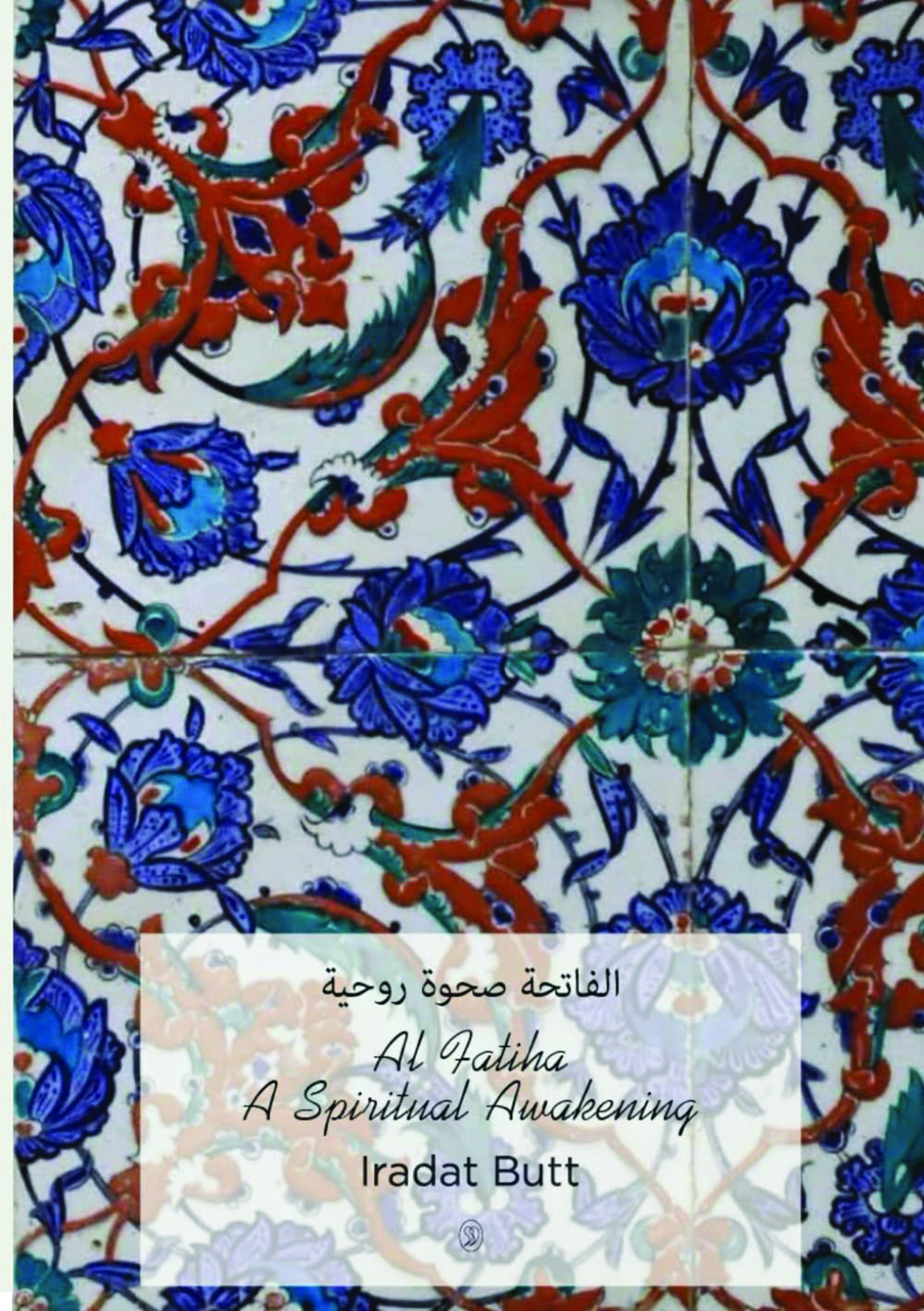



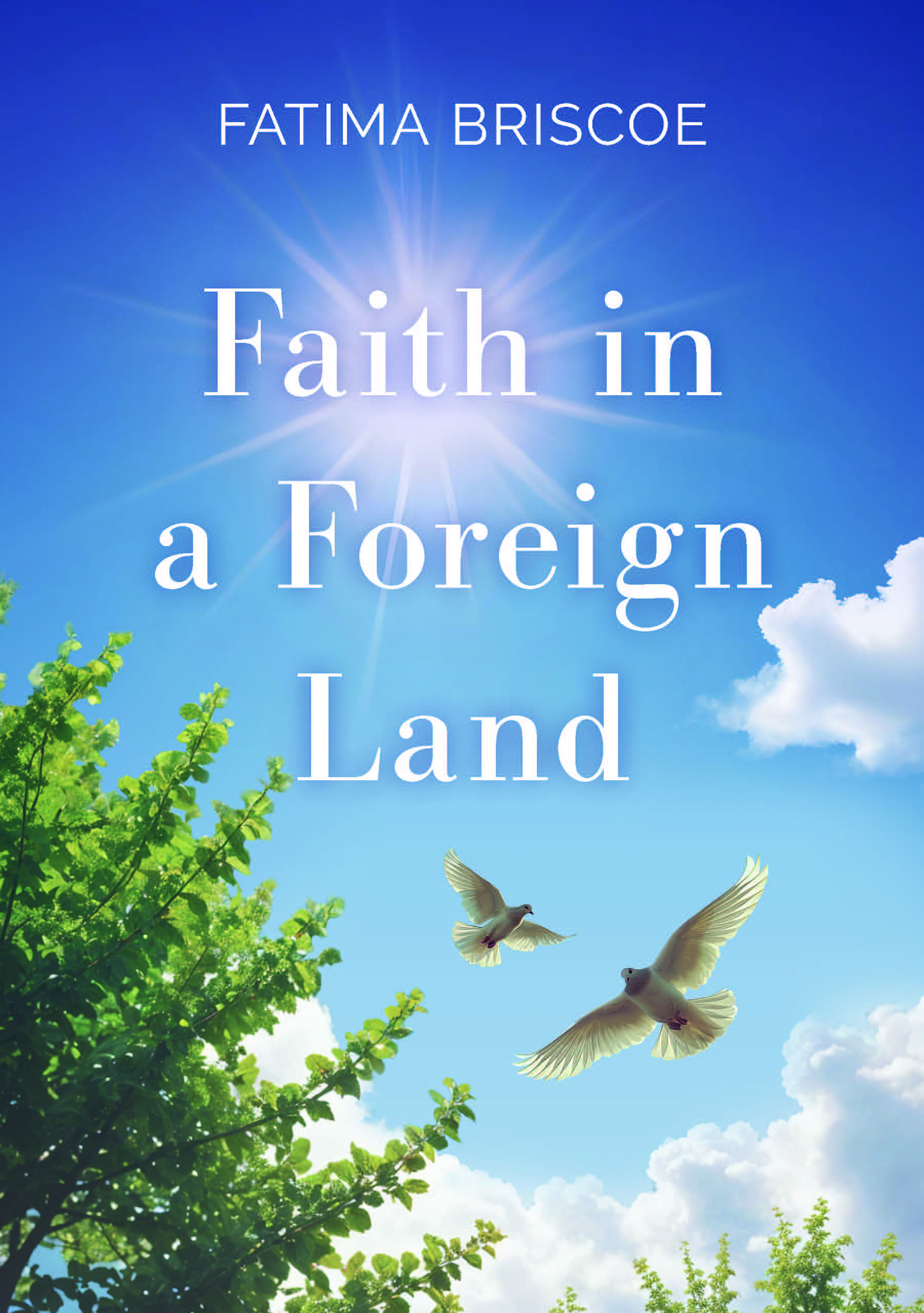

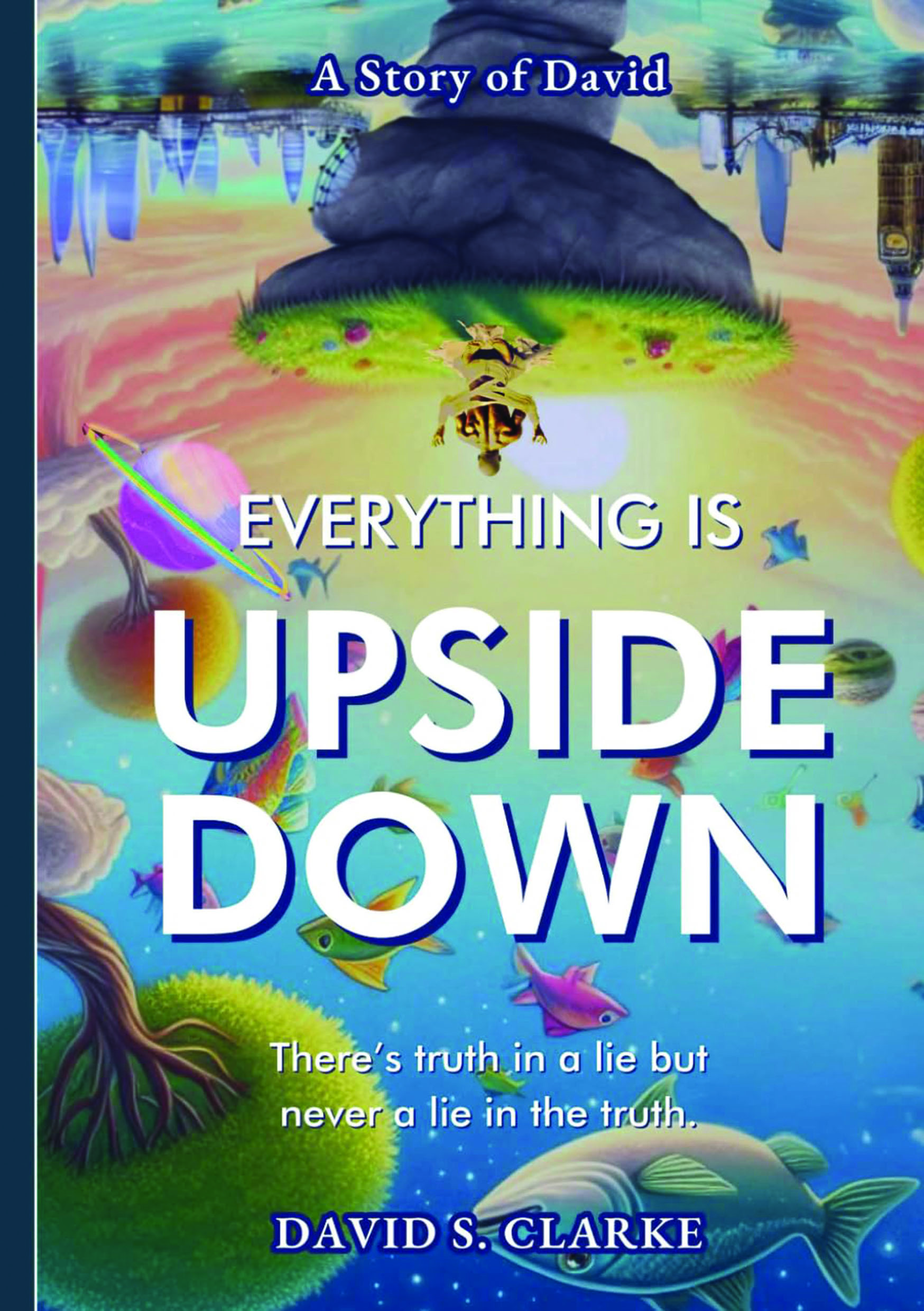

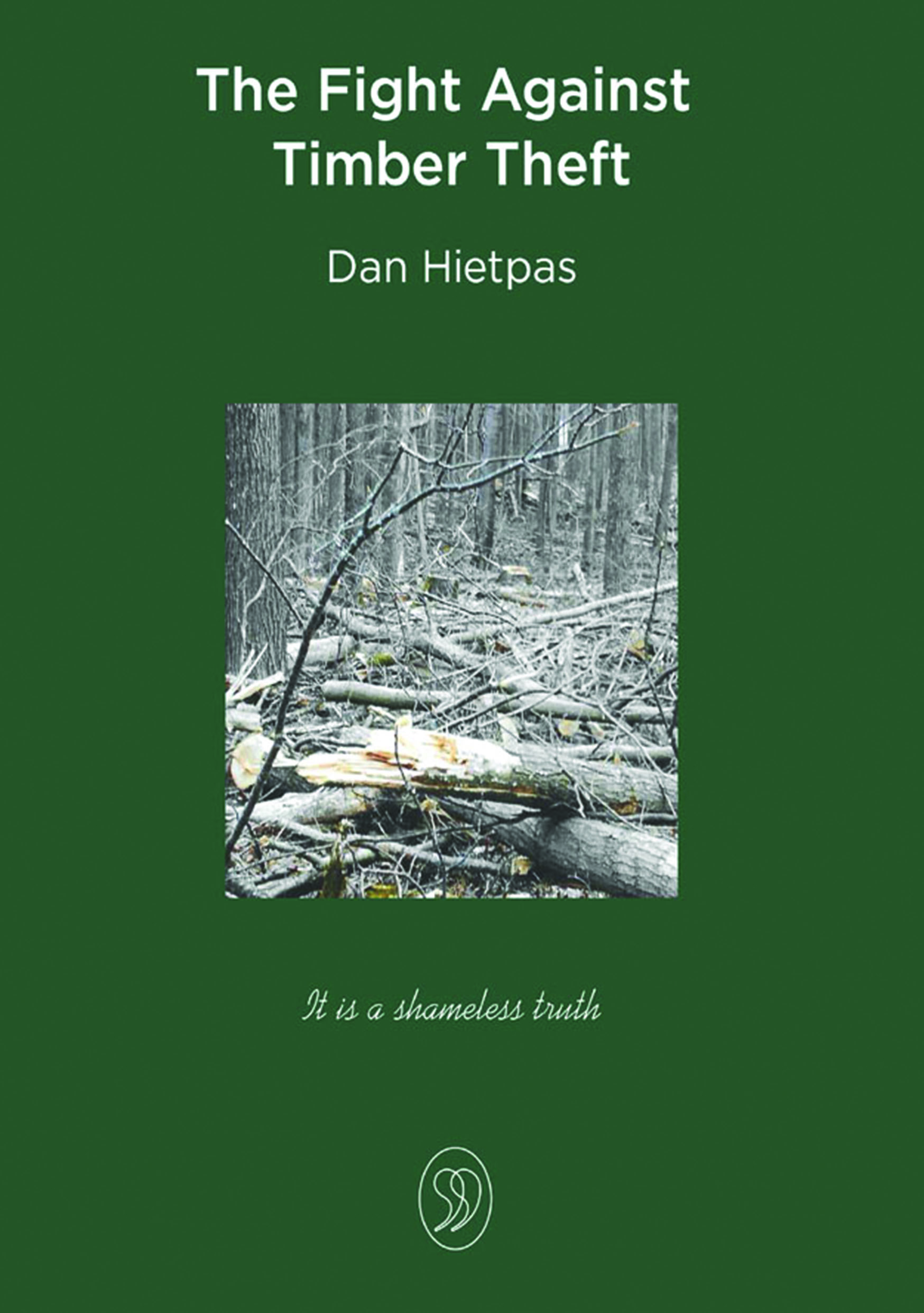

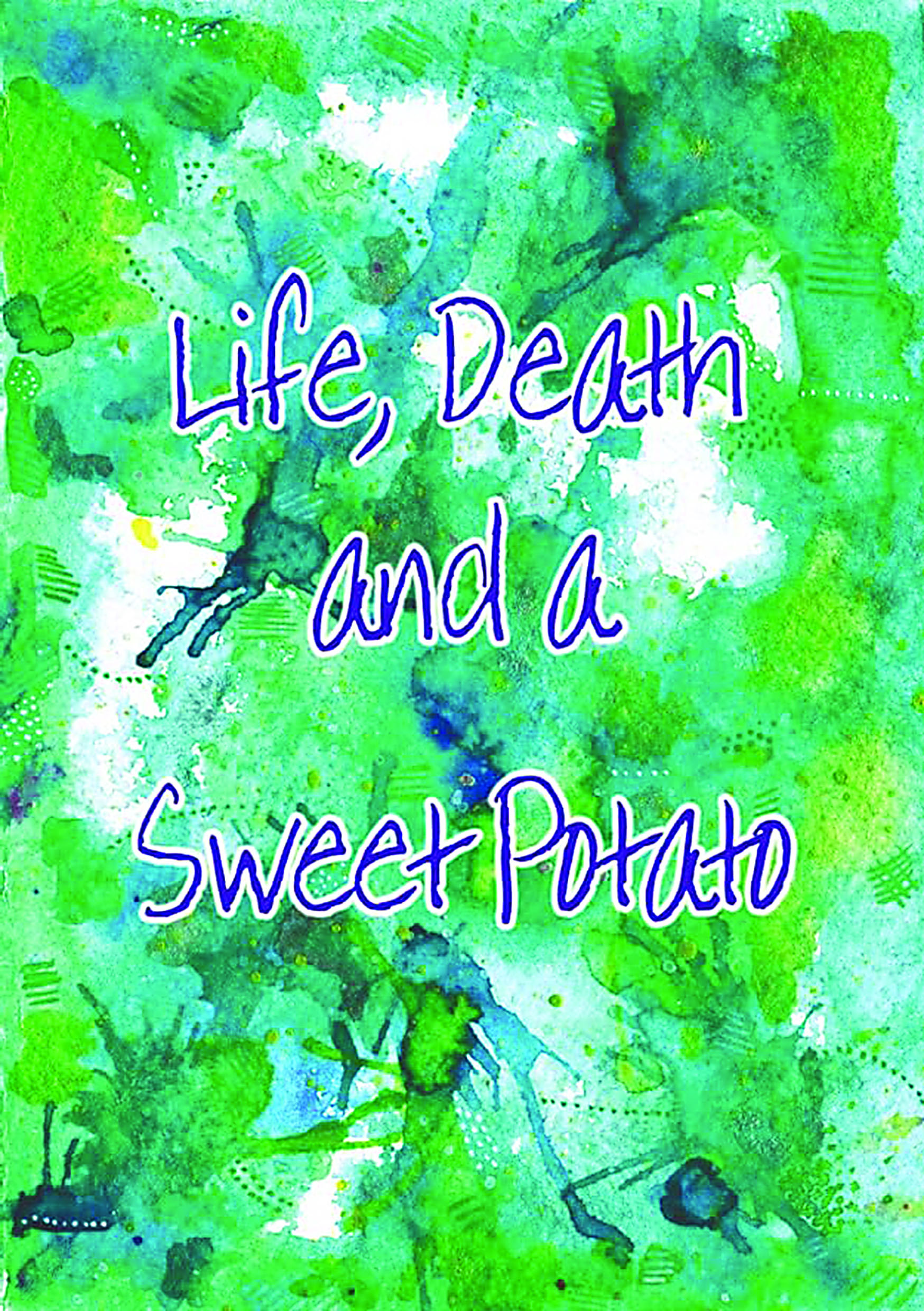

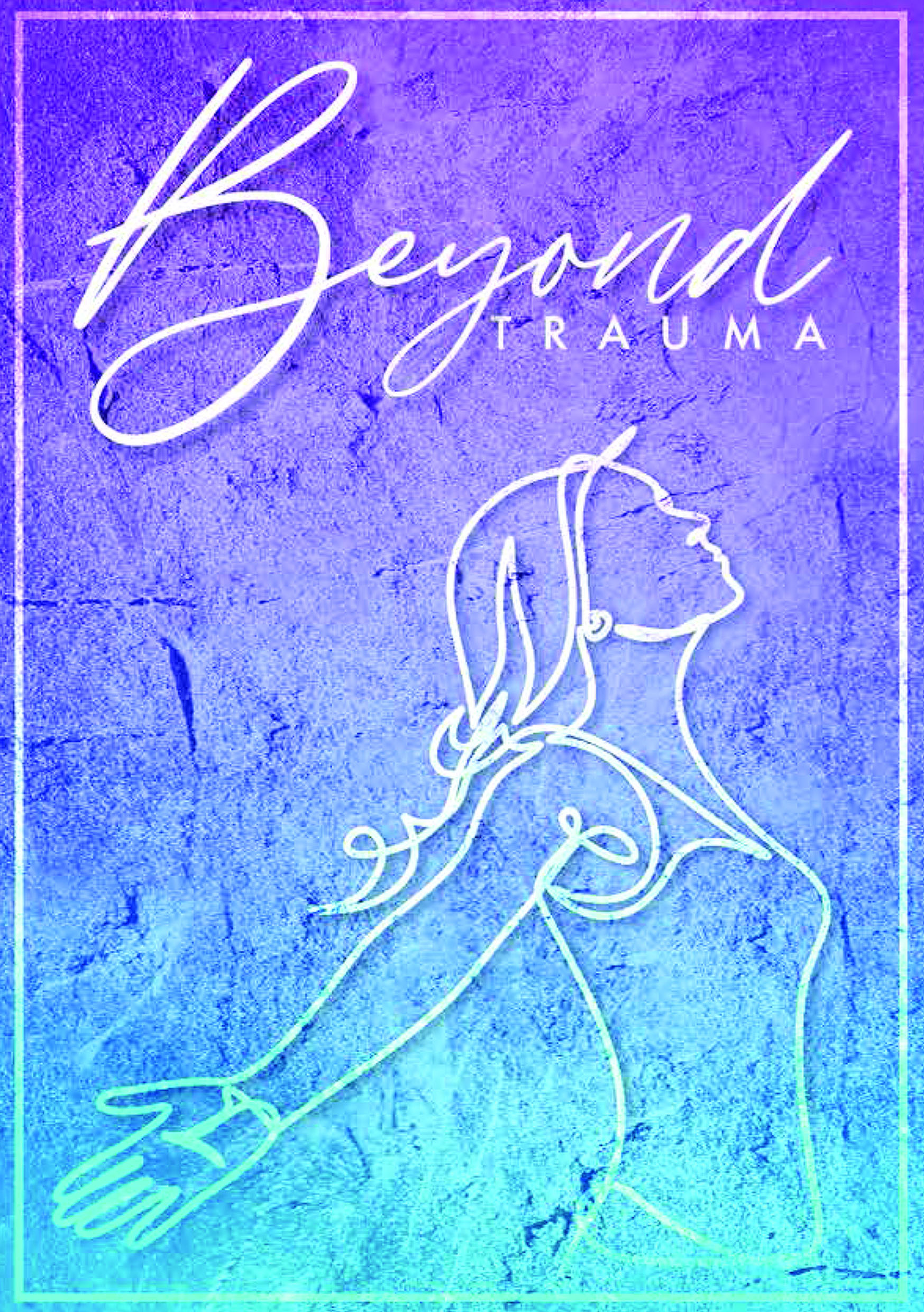

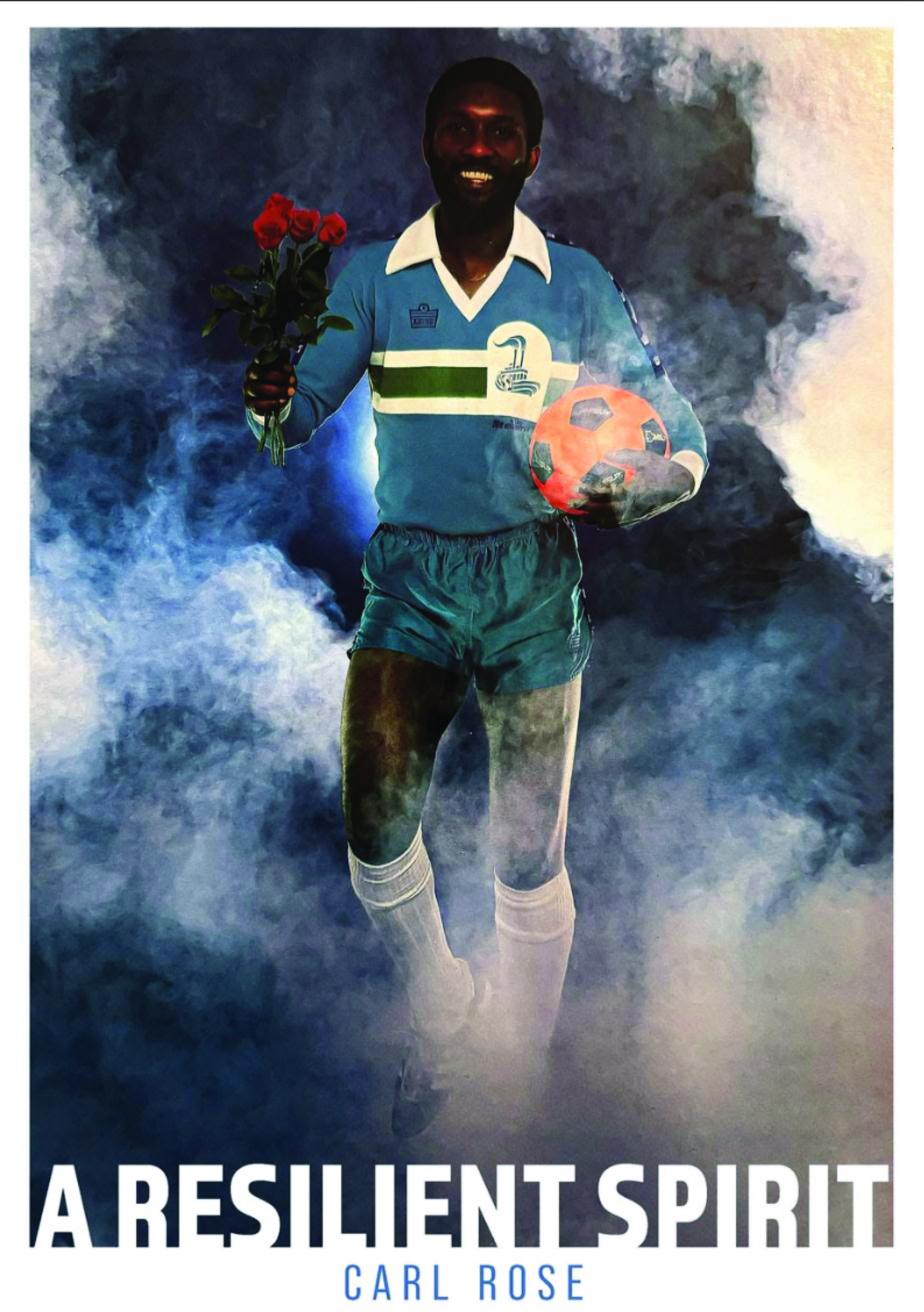

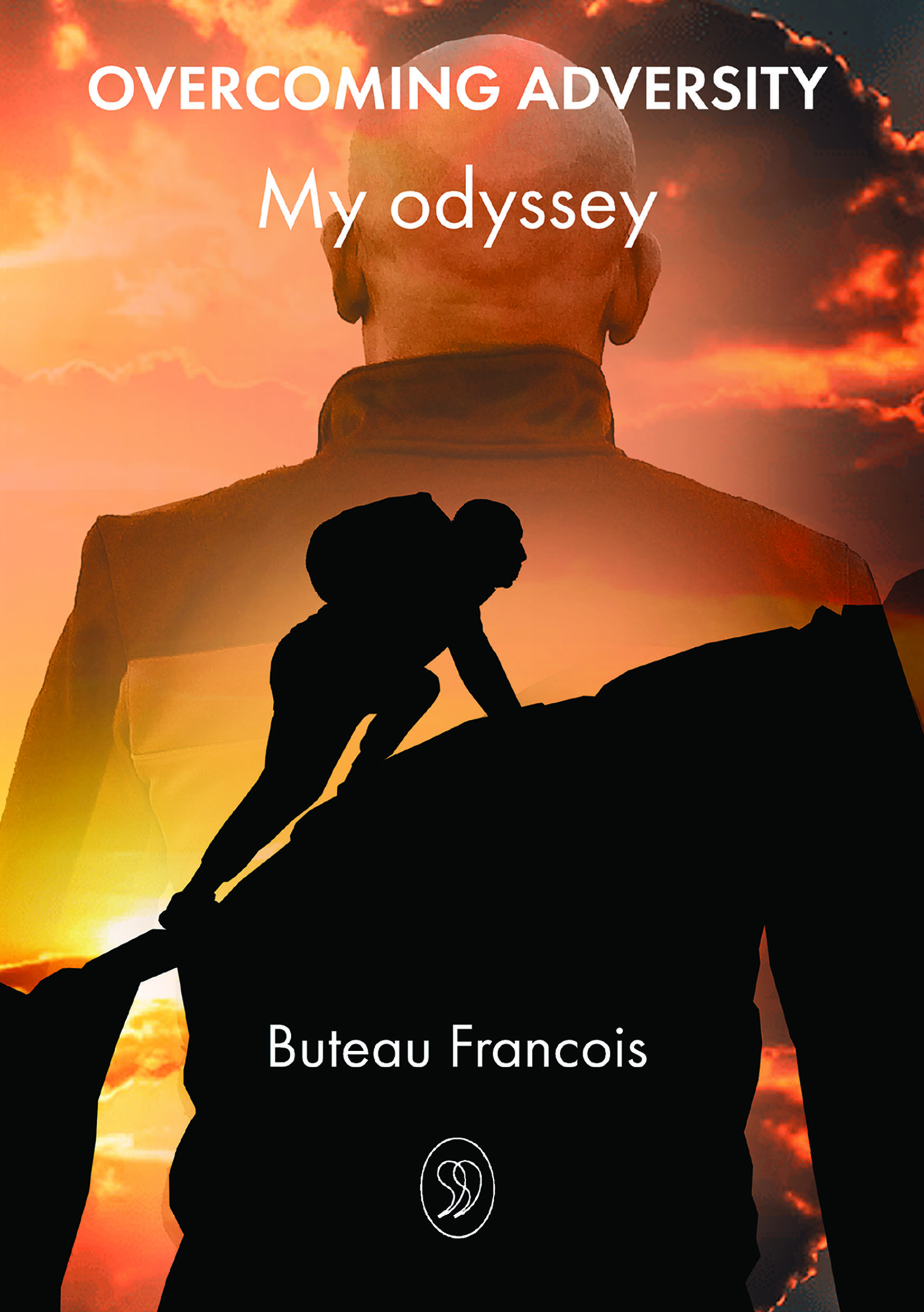

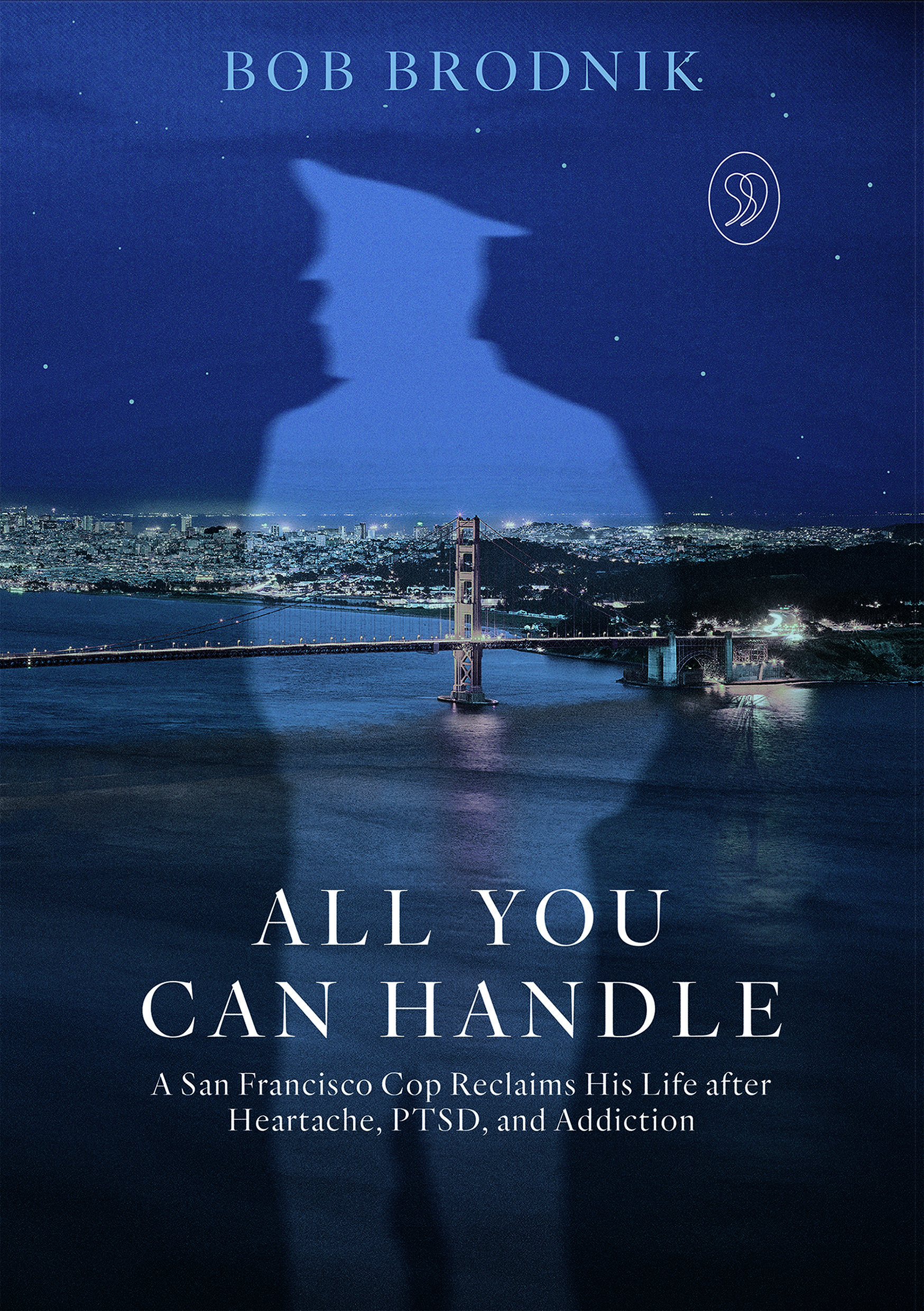

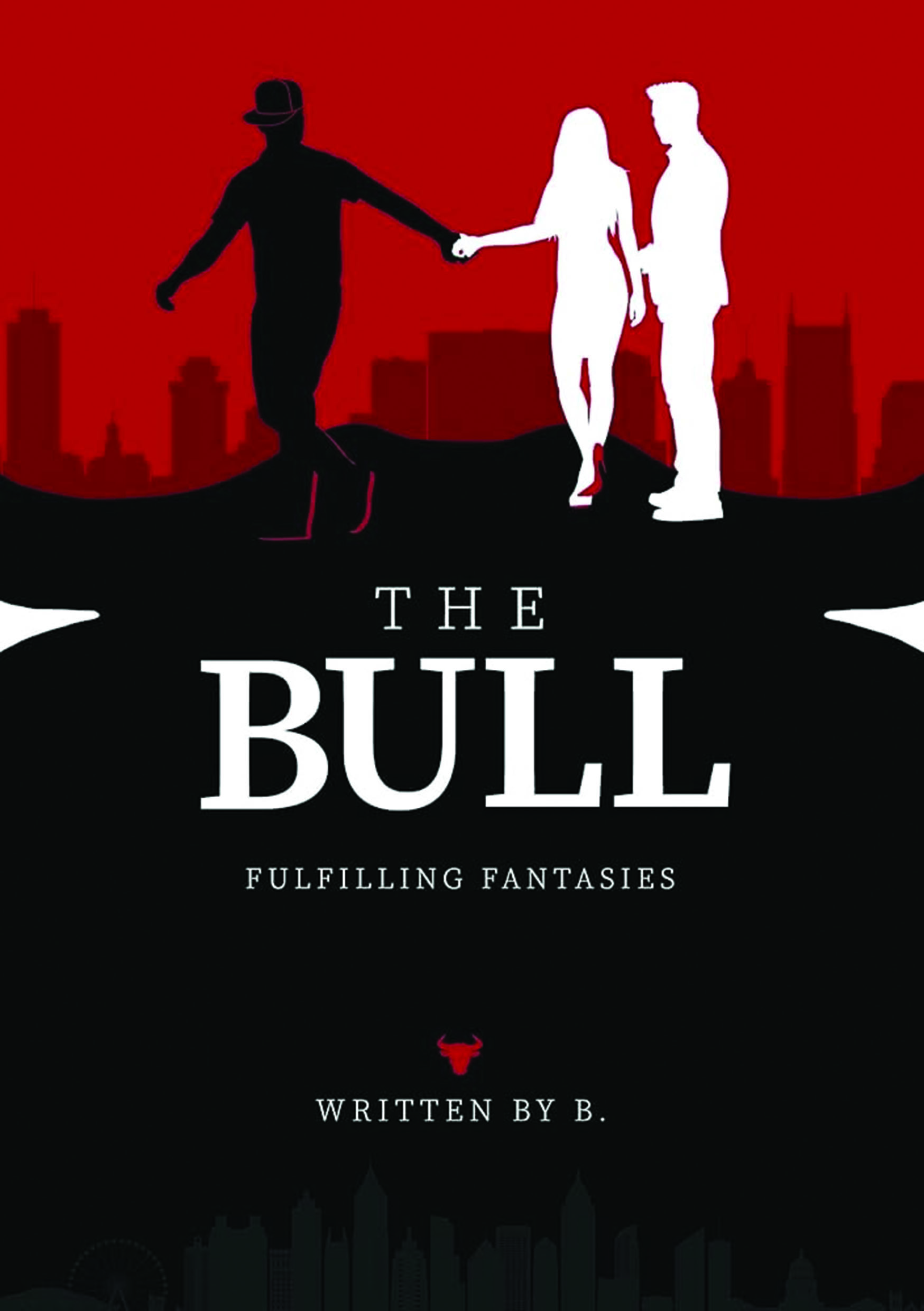

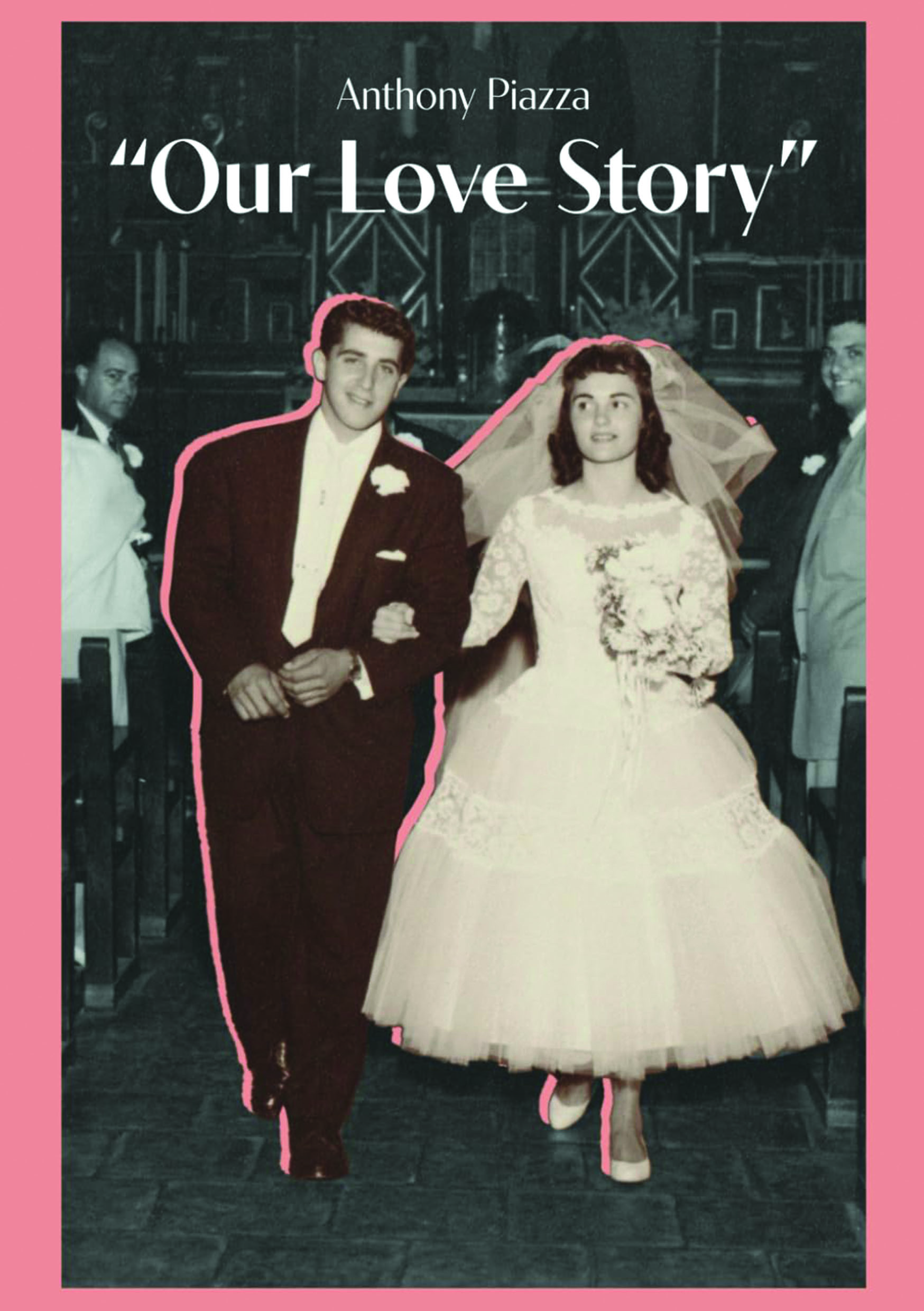

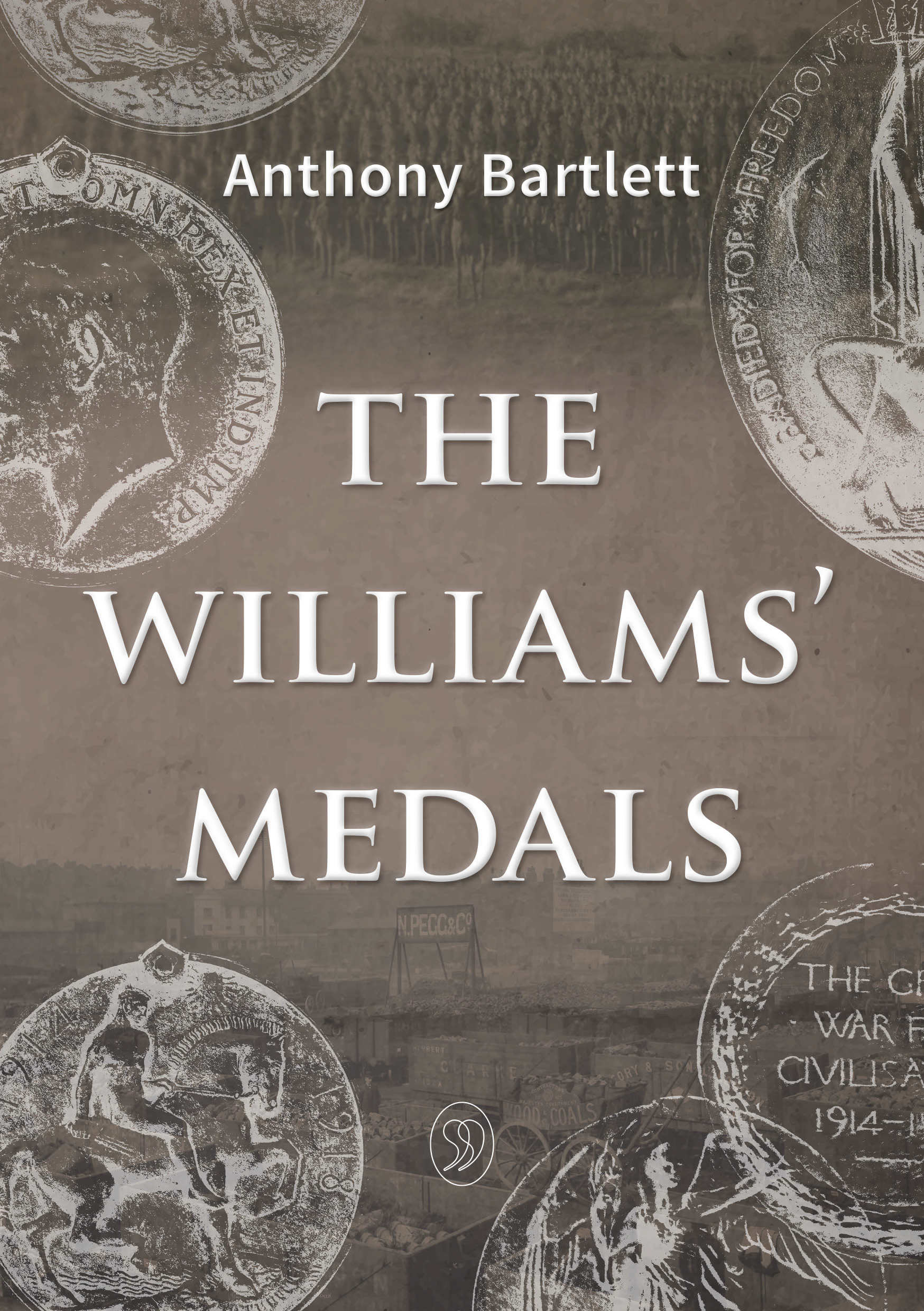

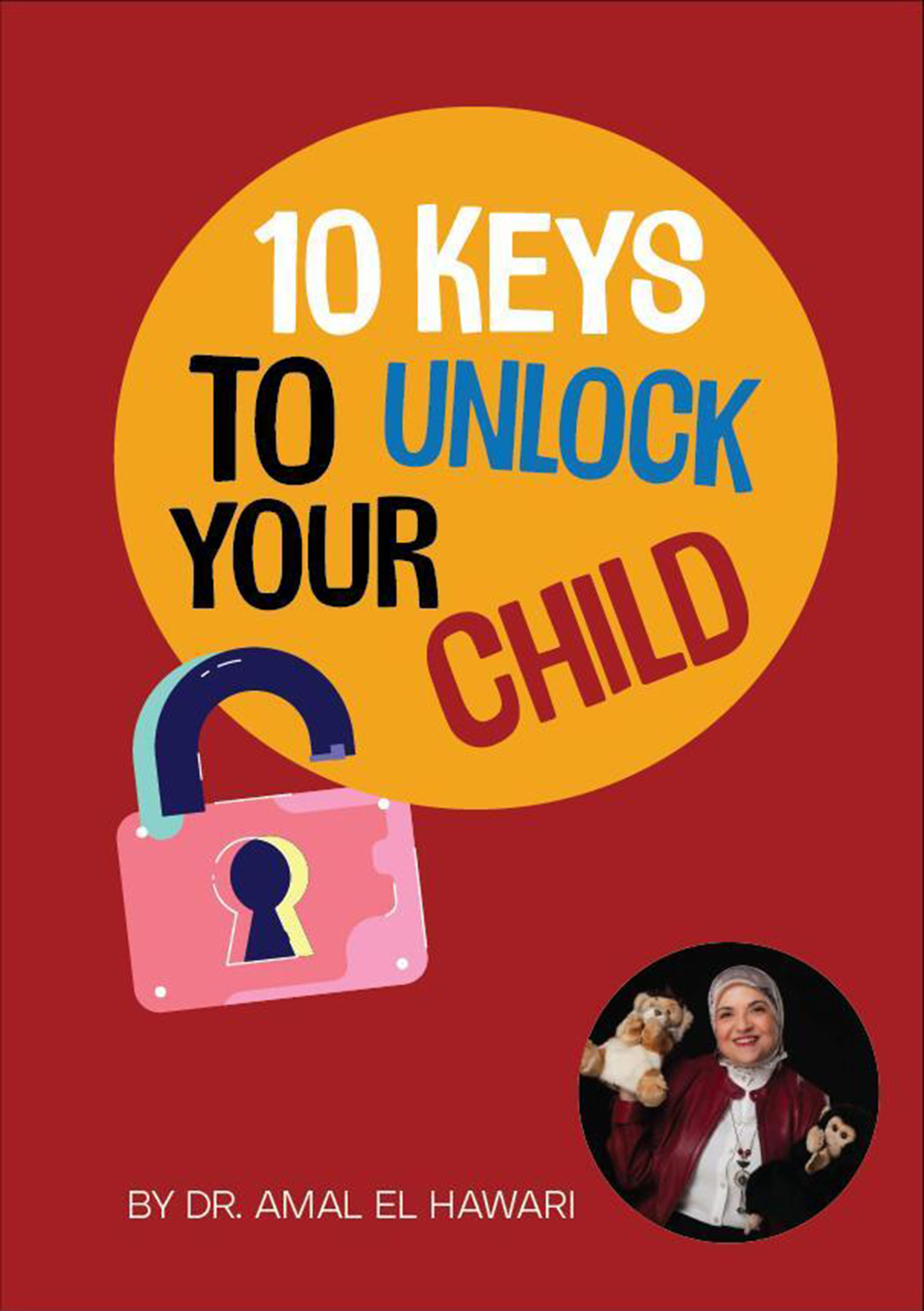

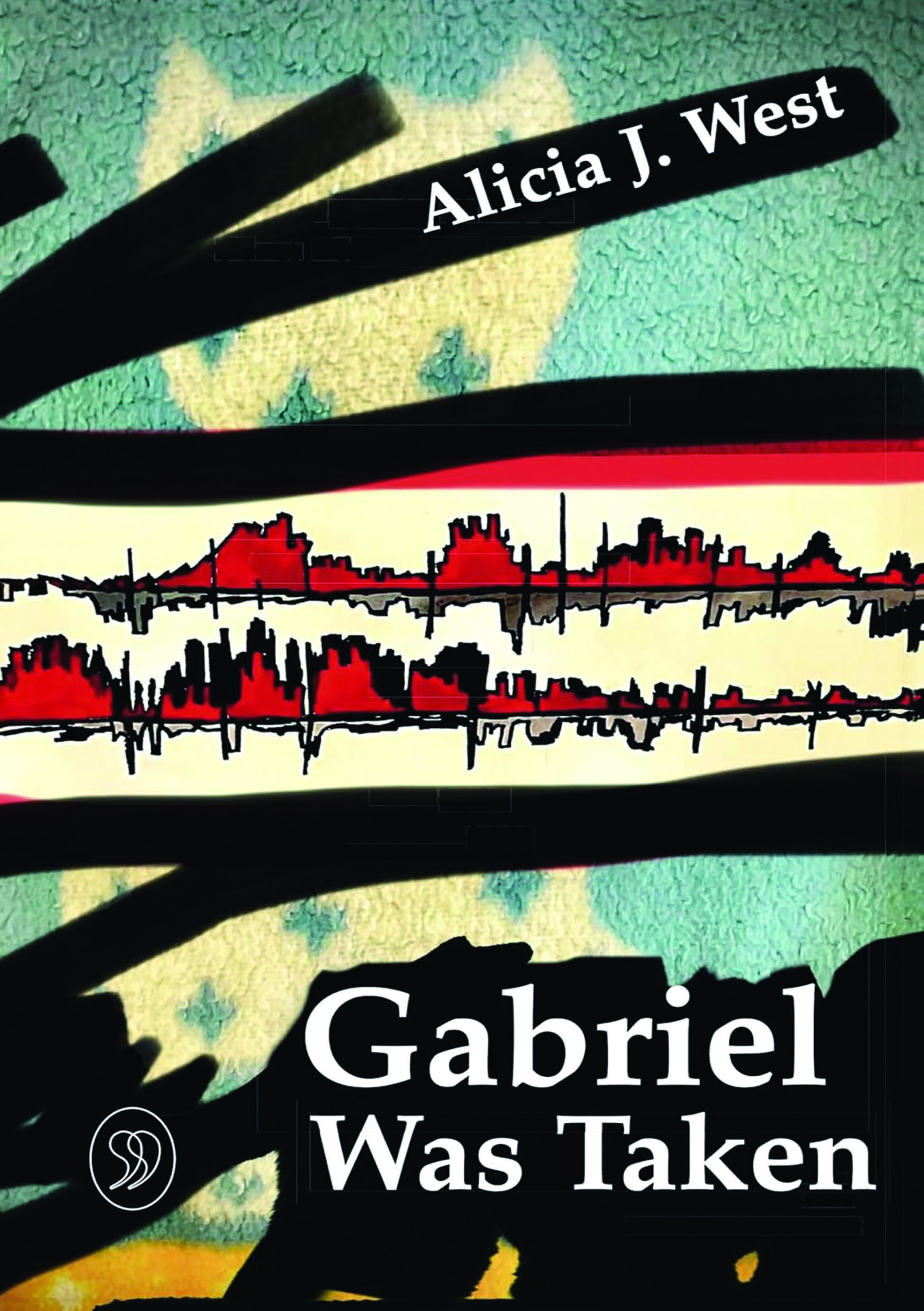









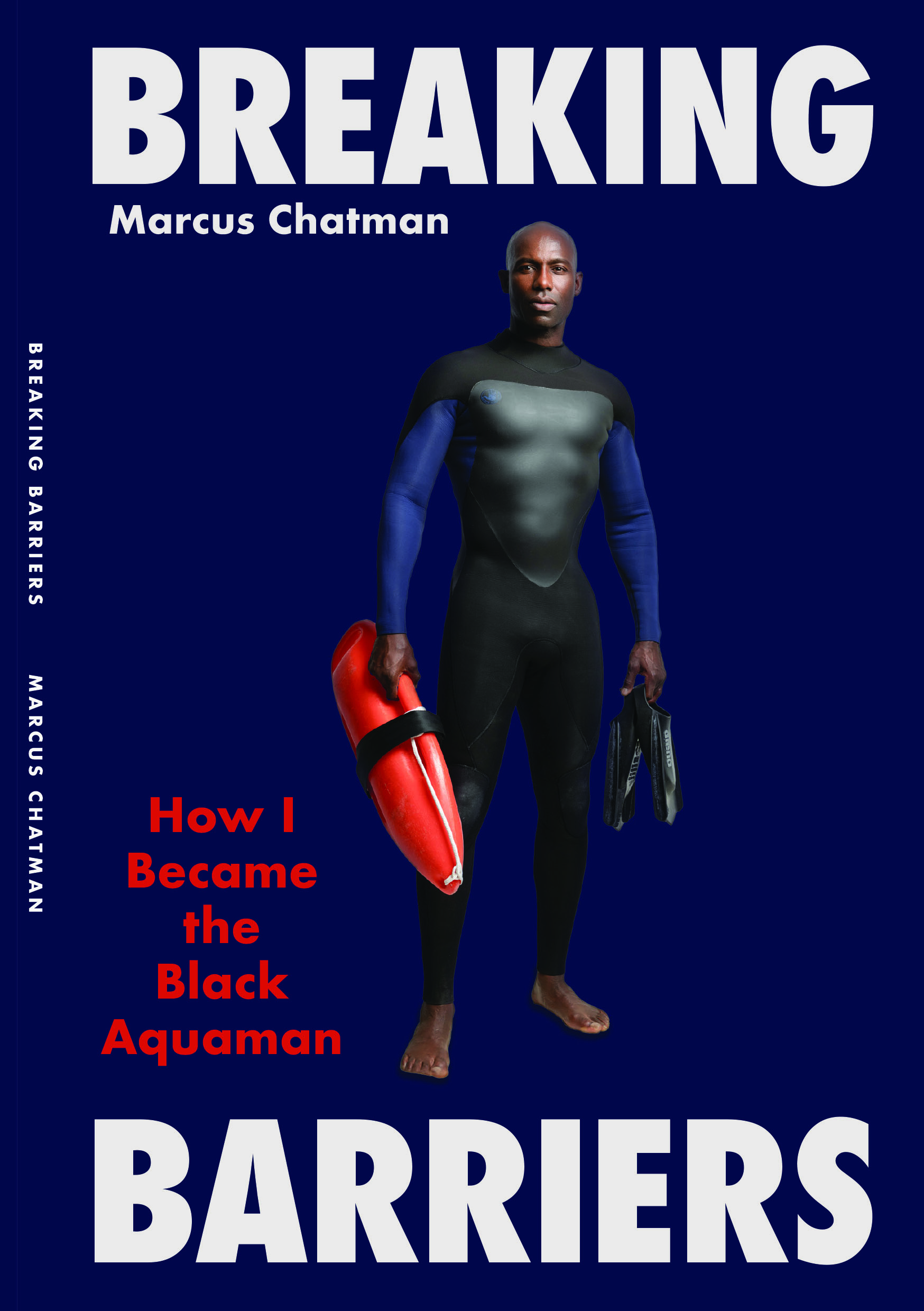



.jpg)









.webp)


























